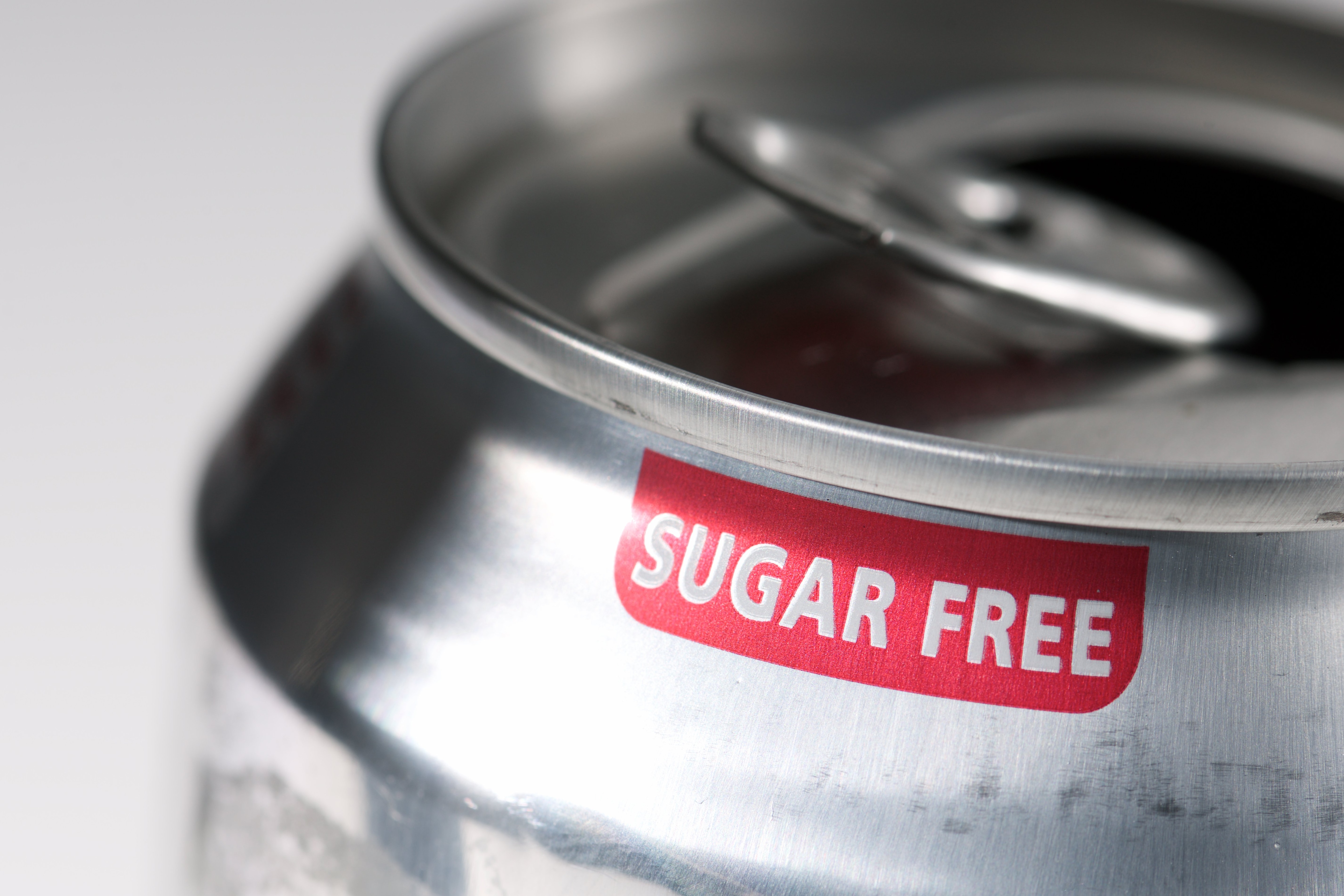Could Your Favorite Sugar-Free Drink Be Harming Your Heart?
Let’s explore why opting for artificially sweetened drinks isn’t an ideal alternative to sugary beverages.
In the quest to cut down on sugar intake, many turn to artificially sweetened beverages as a substitute for their artificially sweetened counterparts. While these sugar-free or no-sugar-added options boast fewer calories and lack the added sugars found in traditional sodas, it's worth noting that the artificial sweeteners present could pose similar health risks, particularly concerning heart health.
A recent study published in a journal of the American Heart Association shed light on this connection. The study, which examined data from over 200,000 people between 2006 and 2010, found that participants who drank at least two liters of artificially sweetened beverages per week had a 20 percent higher risk of developing atrial fibrillation (AFib) compared to participants who did not drink these beverages. In contrast, individuals who consumed a similar volume of sugar-sweetened beverages saw a 10 percent increase in their AFib risk.
What is AFib?
AFib is a condition in which a person has an irregular, rapid heartbeat, called an arrhythmia. This irregular heartbeat disrupts how the heart pumps blood and can result in serious heart-related complications, including blood clots, stroke, and heart failure. The risk of stroke escalates fivefold with AFib, with the American Heart Association estimating that approximately 15 to 20 percent of stroke cases are associated with this condition. It’s also estimated that over 12 million Americans will have this condition by 2030.

Sugar-Free Drinks and AFib
While this study doesn't definitively establish a direct link between artificially sweetened beverages and a higher risk of AFib, it's worth noting that previous research has also suggested a potential association between artificial sweeteners and heart-related risks. Another study published in the journal Nature Medicine found a link between the artificial sweetener erythritol and an increased risk of heart attack and stroke.
“These studies and others haven’t been able to prove an exact cause-and-effect relationship between artificial sweeteners and heart health, but they do suggest that replacing sugar-sweetened beverages with artificially sweetened drinks may not be any better for your health,” says Ravi Sureddi MD, PIH Health Cardiac Electrophysiologist. “Instead, try ditching sugary drinks for naturally unsweetened drinks, such as water, seltzer or tea. You can add a pop of flavor by adding slices of lemon, lime, cucumber or other fruits, vegetables and fresh herbs such as mint.”
What Artificially Sweetened Drinks Do to Your Body
In addition to their potential effect on heart health, artificial sweeteners have been associated with other negative health effects such as:
- Weight gain due to triggered cravings or spurred appetite
- Headaches
- Digestive issues
- Brain tumors
- Bladder Cancer
- And more
Drinking less sugar-sweetened soda, juice and other beverages is one of the best ways to lower your overall sugar intake. But when you do so, the best thing you can do for your health is to not replace these drinks with artificially sweetened drinks. Instead, stick to water, seltzer or other naturally unsweetened drinks.